
I have been thinking about role models this week, in light of two news stories. One was an affirmation; the other, a warning.
In the first, Barack Obama spoke of a teacher from an urban school who reported that the attitude of black males toward their class work had noticeably improved since the Senator had begun his run for the presidency. These students are hampered by behavioral challenges: educational gaps, emotional problems, poverty, and crime – the litany is familiar. Yet, this man from Chicago had come to their attention, impressed the not-so-easily impressed, and earned their admiration. He was impacting their attitude regarding education simply by his own example of success.
Our children choose their heroes, without our advice or consent. Athletes, musicians, poets, parents, teachers, preachers – all have the capacity to plant a seed, for good or ill, in fertile minds. The reaction of the inner-city boys to Senator Obama clearly illustrates the good that can come from a positive, connectable role model. The students see a man who looks like them, who came from circumstances not dissimilar from their own. He is running for President of the United States, successfully. And, he is behaving well while doing so. How is that for a role model?
The second story involved the Palestinian Fulbright grant winners. These students worked for a solid year to win extraordinary educational opportunities in America, and succeeded, only to see their opportunities vanish. State Department officials determined that the students were ineligible for the grants because of Israeli travel restrictions. Without the ability to travel to the US, the scholarships were useless to the intended recipients, and would be given to others with lives less limited.
The students were understandably distraught.
Happily, Condoleezza Rice intervened, requesting the reinstatement of the grants, and sending representative to petition the Israelis for travel waivers. Israel quickly agreed. They had not been consulted before action was taken. Further, the Israeli saw only an upside to Palestinian students who are exposed to education in the outside world.
Clearly, the Palestinian students view the United States as a national role model. With a level of admiration sufficient to warrant significant effort, they worked to study here, in the land of opportunity. We are the good guys, the land of freedom, of solid work ethic, champion of the weak, defender of justice. Yet, in spite of our expressed ideals, we snatched away opportunity. Neither the injustice, not the desires of the students for progress factored into the initial decision. Were it not for high level intervention, I wonder what damage the students' disenchantment in the US, the role model, might have wrought.
Those who step into the spotlight, taking the role of leader, in whatever manner, hold a special kind of power. Tacitly, they ask us to follow, offering the promise of a better something, a brighter someday. And, we who follow are changed, simply by the high regard in which we hold our role models. A role model leads us to think, “Hey, maybe I can do that too.” A hero answers, “Yes you can.” Anyone who is not willing to wield such power honorably, to hold it as a sacred trust, must yield the spotlight to a more perfect hero.
In the first, Barack Obama spoke of a teacher from an urban school who reported that the attitude of black males toward their class work had noticeably improved since the Senator had begun his run for the presidency. These students are hampered by behavioral challenges: educational gaps, emotional problems, poverty, and crime – the litany is familiar. Yet, this man from Chicago had come to their attention, impressed the not-so-easily impressed, and earned their admiration. He was impacting their attitude regarding education simply by his own example of success.
Our children choose their heroes, without our advice or consent. Athletes, musicians, poets, parents, teachers, preachers – all have the capacity to plant a seed, for good or ill, in fertile minds. The reaction of the inner-city boys to Senator Obama clearly illustrates the good that can come from a positive, connectable role model. The students see a man who looks like them, who came from circumstances not dissimilar from their own. He is running for President of the United States, successfully. And, he is behaving well while doing so. How is that for a role model?
The second story involved the Palestinian Fulbright grant winners. These students worked for a solid year to win extraordinary educational opportunities in America, and succeeded, only to see their opportunities vanish. State Department officials determined that the students were ineligible for the grants because of Israeli travel restrictions. Without the ability to travel to the US, the scholarships were useless to the intended recipients, and would be given to others with lives less limited.
The students were understandably distraught.
Happily, Condoleezza Rice intervened, requesting the reinstatement of the grants, and sending representative to petition the Israelis for travel waivers. Israel quickly agreed. They had not been consulted before action was taken. Further, the Israeli saw only an upside to Palestinian students who are exposed to education in the outside world.
Clearly, the Palestinian students view the United States as a national role model. With a level of admiration sufficient to warrant significant effort, they worked to study here, in the land of opportunity. We are the good guys, the land of freedom, of solid work ethic, champion of the weak, defender of justice. Yet, in spite of our expressed ideals, we snatched away opportunity. Neither the injustice, not the desires of the students for progress factored into the initial decision. Were it not for high level intervention, I wonder what damage the students' disenchantment in the US, the role model, might have wrought.
Those who step into the spotlight, taking the role of leader, in whatever manner, hold a special kind of power. Tacitly, they ask us to follow, offering the promise of a better something, a brighter someday. And, we who follow are changed, simply by the high regard in which we hold our role models. A role model leads us to think, “Hey, maybe I can do that too.” A hero answers, “Yes you can.” Anyone who is not willing to wield such power honorably, to hold it as a sacred trust, must yield the spotlight to a more perfect hero.









.jpg)




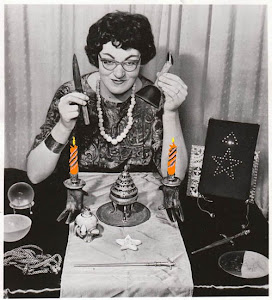


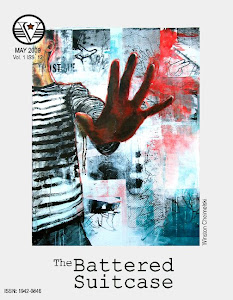














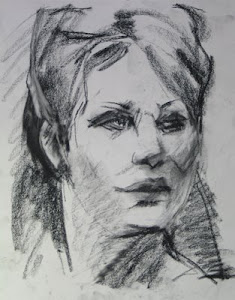


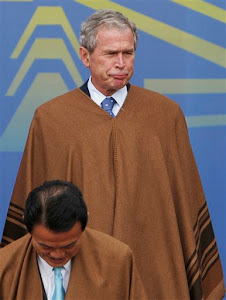









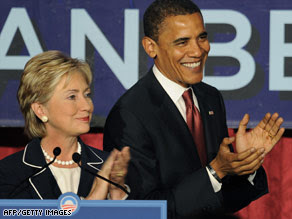





















3 comments:
Fe...I can't say enough about your writing. Bravo again!
Lori
We see what it takes for the visible powers to extend their hand lower, but i cant imagine what it would take for the real ones, behind the scene, to expose themselves and their inclinations.
ps: have you checked out all that new art the kids are talkin about these days?
This is one of my favorite trackers of this stuff!''
www.woostercollective.com/
Post a Comment